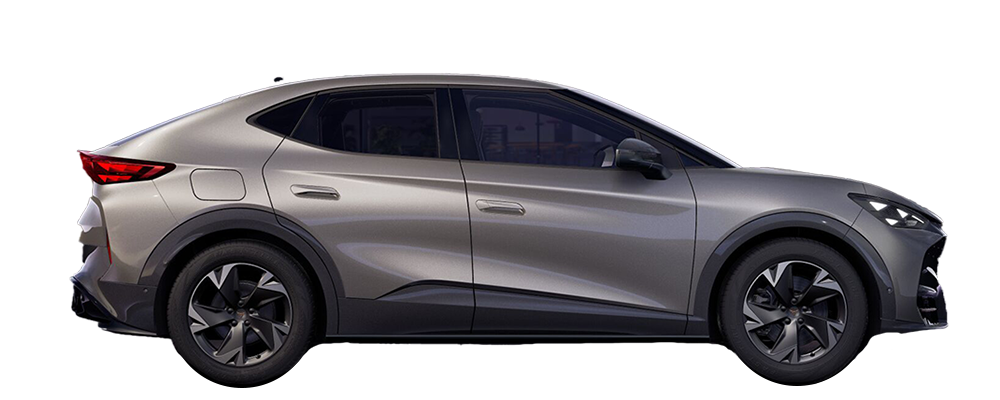The government’s electric car grant is paid out by the Department for Transport’s Office for Zero Emission Vehicles (OZEV), and is designed to make the transition to electric car (EV) ownership more affordable for more drivers.
The incentives are in place because the large battery packs involved in manufacturing plug-in models currently make electric cars more expensive than equivalent petrol and diesel-powered models. Electric car prices are predicted to move towards parity with traditional petrol and diesel models in coming years, so we can expect grant levels to fall as they do.
The amount of the electric car grant – often referred to as the Plug-in Car Grant (PICG) – has fallen steadily since its introduction in 2011. Back then it was worth up to 35% of the cost of a new vehicle, with a £5,000 cap. The EV grant limit is now capped at £2,500 and it’s only available on cars costing less than £35,000.
There are also government incentives towards the cost of home charging points for both new and used electric and plug-in hybrid car buyers. Like the PICG, these grants are funded from taxpayers’ cash and distributed by OZEV, and are currently worth up to 75% of the cost of your home wallbox installation with a cap of £350.






























To get started with moderating, editing, and deleting comments, please visit the Comments screen in the dashboard.
Commenter avatars come from Gravatar.